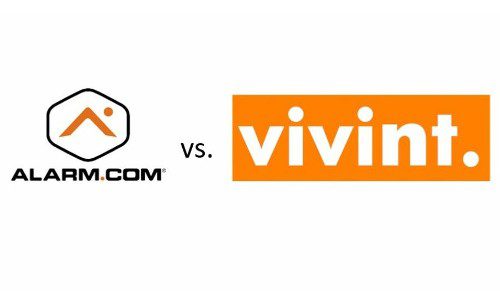The corporate world has been infatuated with generative AI ever since OpenAI released ChatGPT to the masses, and the technology is beginning to take hold in enterprise applications, helping users write emails, make presentations, develop marketing content, automate IT functions, and, according to Gartner, the smart home.
In research published earlier this year, the tech research and consulting firm asserted generative AI has the potential to enable smart home innovations for better user experience and value-added services across six fields, including natural human-machine interactions, home virtual assistants, energy or utility management, home automation, intelligent security and urgent issue settling.
The organization calls on smart home product leaders to plan to integrate AI capabilities into their future products. Enterprise technology is becoming littered with generative AI, with Microsoft, Google, AWS and other large workplace technology providers launching their own large language models (LLMs) and chatbots that integrate with various workplace tools.
However, Gartner believes generative AI will improve the smart home market by accelerating its evolution and enable smart home applications to be more intelligent by using a consistent AI platform.
“For example, an AI assistant can help users select and prepare the most suitable meals and entertainment based on a guest’s information and the season of a gathering or party,” reads Gartner’s research.

The Future of Digital Lighting & Control
As a custom integrator, lighting is in demand. Effective communication, education and showcasing the value proposition of LED light fixtures in conjunction with integrative control systems are the keys to overcoming challenges and closing sales in this specialized market. Join us as we discuss the future of digital lighting and control with David Warfel from Light Can Help You and Patrick Laidlaw and Mark Moody from AiSPIRE. Register Now!Specifically, Gartner eyes the fragmentation of the smart home market as a problem generative AI can solve by improving ease of use for non-tech savvy users. The organization predicts that more than 30% of smart home products will be supported by generative AI models in the next three years.
To date, there aren’t many. Home automation company Josh.ai recently introduced JoshGPT, an AI-based custom integration platform that includes a generative assistant to help answer questions.
Meanwhile, Google is reportedly planning to improve Google Assistant with generative AI capabilities.
This potential for generative AI to benefit the smart home hasn’t been missed by associations within the industry, either, as this year, ahead of CEDIA Expo 2023 in Denver, Colorado, CEDIA, the association for the professional smart home industry, will be holding a day-long symposium centered around AI. Additionally, Scott Steinberg, CEO of strategic consulting and market research firm TechSavvy Global will be delivering the opening keynote of CEDIA Expo 2023 on the topic of AI in the smart home.
According to Gartner, successful integrations of generative AI in smart homes will help improve the quality of human-machine interactions, improve the accuracy of home assistant platforms, improve energy efficiency, improve the intelligence of smart home systems, act as a cybersecurity assistant for home users and help with incidents such as fries by requesting help from relevant emergency services.
However, Gartner also lays out several barriers to adoption of generative AI in smart homes, including infrastructure, the lack of a standard smart home platform, the workload and cost, privacy and cybersecurity, the accuracy of translation between AI software and physical devices, data sharing across smart space ecosystems, monetization of information for upselling, and the geographic differences in user behaviors.
If you enjoyed this article and want to receive more valuable industry content like this, click here to sign up for our digital newsletters!









